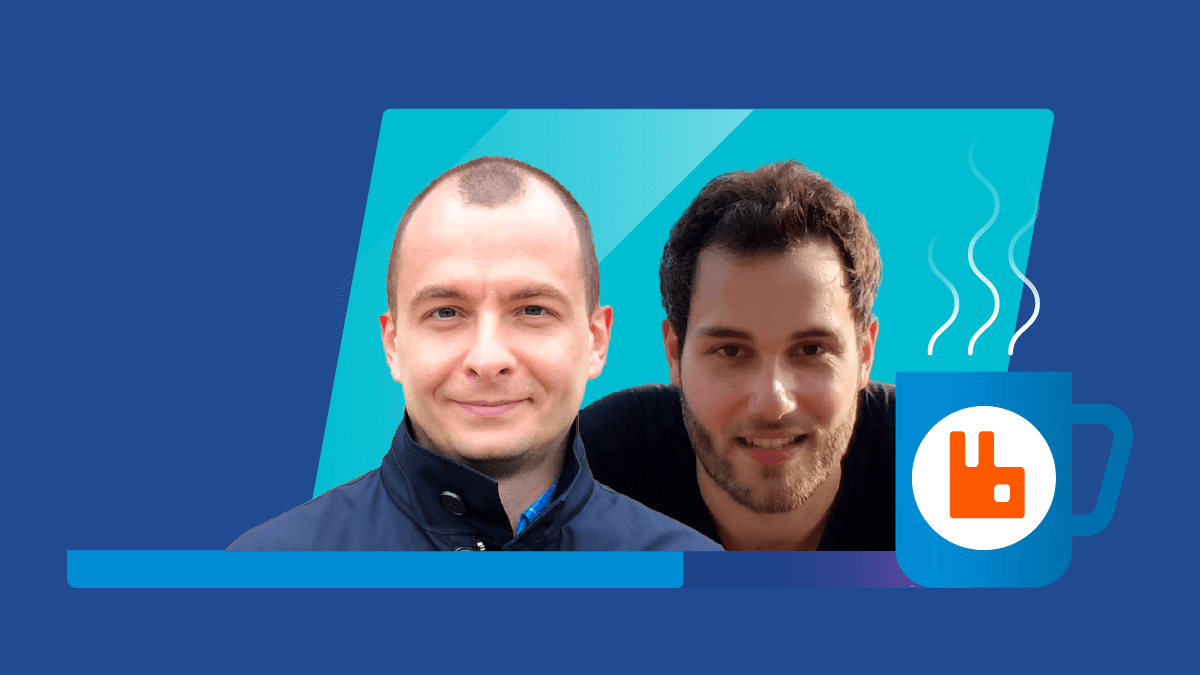Tanzu Tuesdays
See live demos of modern application development technologies.
In this episode
Everyone experienced problems with the software that they run. We all want to know how to fix things quickly and reliably, in a confidence-inspiring manner. Let’s be honest: “stop and start it” fixes are not an option for VMware customers which use our products in mission critical applications: emergency systems, factories, autonomous vehicles, etc. RabbitMQ is this type of a system. Those responsible for it need to know when problems hit, preferably in advance, and they need a clear path to resolution. While RabbitMQ exposes a wealth of metrics, logs, and events, and has decent dashboards that help visualise these, we know that users only look at dashboards when there is a problem. Wouldn’t it be great if RabbitMQ notified you when there is a problem in the making? How about a run book on how to fix that specific problem? Imagine if some problems could even be fixed automatically. That is the direction that we are going towards. Let us show you what we have so far.
Guests
Gerhard Lazu
Gerhard is a staff engineer at VMware where he works on RabbitMQ operations, resiliency & observability. Shipping straight into production and testing in production are some of Gerhard’s favourites, only second to efficient infrastructure, monitored well. Driving for pleasure and taking as long as it takes to prepare the perfect cortado (scales and stopwatches are involved) are common pastimes.David Ansari
David is a software engineer at VMware developing RabbitMQ for Kubernetes. In the past, he worked for SAP contributing to Cloud Foundry. He graduated from University College London with a MSc in Networked Computer Systems. In this free time, he does road cycling.
Hosts
Tiffany Jernigan
Tiffany is a senior developer advocate at VMware and is focused on Kubernetes. She previously worked as a software developer and developer advocate (nerd whisperer) for containers at Amazon. She also formerly worked at Docker and Intel. Prior to that, she graduated from Georgia Tech with a degree in electrical engineering. In her free time she likes to spend time with her fiancé, family, and friends, as well as dabble in photography. You can find her on Twitter @tiffanyfayj.



